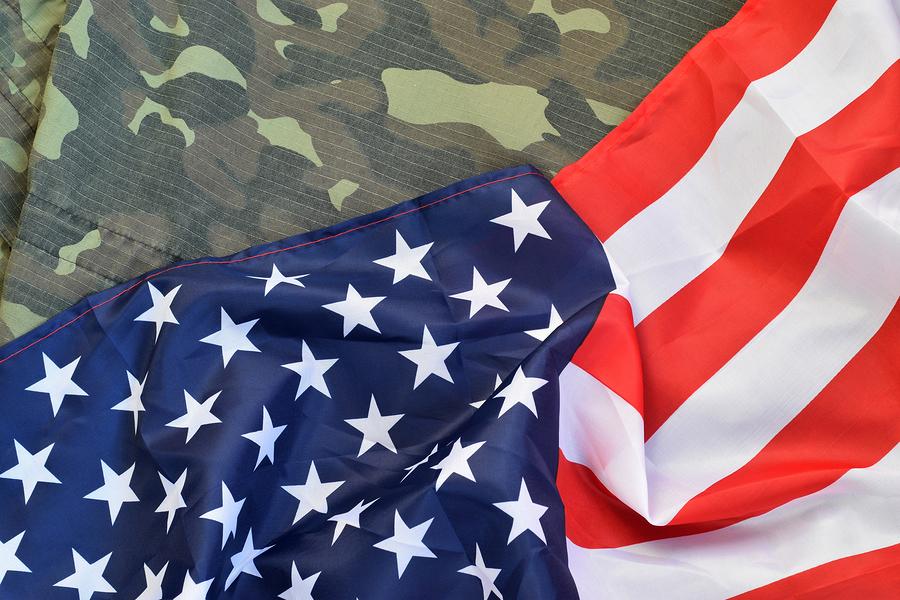Op-Ed: Is the United States Truly Exceptional?
May 18, 2020
From funding foreign coups to enabling significant income inequality, the United States prides itself on the very things it fails to accomplish. Our nation is not exceptional, no matter what political party controls the White House.
While countries like Russia and China have been portrayed in the media as evil, in reality, our government and the way we manage our military is just as cruel.
For starters, all recent American presidents have overseen destructive and violent military campaigns. Over numerous decades, our leaders have added to the perpetual conflicts in the Middle East, aided oppressive governments, and played a role in overthrowing democratically elected foreign governments.
In 1973, the Nixon Administration backed a coup to overthrow Salvador Allende, a socialist elected President of Chile. This led to the United States backing a military coup, paving the way for Augusto Pinochet, a military dictator, to take power.
In a majority of coups the United States has supported, the people we backed were overthrowing democratically elected left-wing leaders and replacing them with right-wing dictators. The number of countries the U.S. has done this in is terrifying.
Chile, Iran, Argentina, Brazil, Cuba, Panama, and Guatemala are just some of the countries that have fallen victim to our country’s involvement.
Our intervention in other democratic nations is a major problem and shows that despite our claims to be the benevolent policeman of the world, we are more interested in furthering our own goals. If we want to consider ourselves the land of the free and the leaders of the free world, we need to start acting like it.
Furthermore, our military and intelligence services have committed war crimes, including torturing prisoners and deploying air-strikes on foreign civilians.
On the home front, our nation has immense income inequality, as 1% of the population controls 40% of the wealth. This is a major problem. Basic necessities and healthcare are often priced beyond the means of many citizens.
Our healthcare system is byzantine, ineffective, and classist for so many reasons. To start with, the cost of pharmaceuticals is far higher than it should be.
For example, insulin, a drug needed to survive for people with diabetes, is around $30 per vial in other countries. In the U.S., it is $300 per vial. The problem with these prices is that people with lower incomes and diabetes cannot afford this, and as a result, their health is at risk.
This leads to another issue—the way our economy is run. Our economy thrives on exploiting workers by paying unlivable wages, while concurrently paying executives exponentially higher salaries. We also make a lot of our goods in countries with loose labor laws where workers are even more exploited than they are here.
Additionally, our country is the only one in history to use nuclear weapons against another country. In doing so, around 220,000 civilians were murdered. Nuclear weapons are commonly agreed to be inhumane, and I find the country’s use of the weapons unforgivable.
The last notable issue I see with the U.S. is its history with detention centers, which draw many parallels to concentration camps. During World War II, the United States forced Japanese immigrants and Japanese Americans to move into internment camps—places where the living conditions violated many human rights.
Human rights are also being violated at U.S. Immigration and Customs Enforcement detention centers along the country’s borders when families are separated. These types of things happen in leading nations across the globe, but the fact that it is happening in the U.S. as well is not discussed nearly enough.
As a whole, the U.S. has aided in foreign atrocities, ignored the needs of its citizens, and promoted an economic system based on exploited labor. The United States has the potential to be an amazing country due to its vast amount of resources and willing workers, but at this moment, it’s far from perfect.
The basic principles upon which the country was founded speak of equality, liberty, and everyone’s potential to succeed. All of these factors should mean that the U.S. does not have to be an imperialist nation, yet it has behaved as such.
The country’s current power structure limits citizens’ potential to succeed, as well as limiting their freedoms. Both the economy and the government favor the elite, going against the country’s founding principles of equality, liberty, and opportunities for success.
How can a country that willfully ignores its founding principles and has violated the human rights of millions be considered superior? The only sane answer to this question is clear—the United States is no better than other leading world nations.

























































Dominic Hashem • Oct 7, 2020 at 6:22 pm
Thank You Kolja Very Cool
John Westhues • May 22, 2020 at 7:54 am
Very true and very well written. Thank you Kolja!